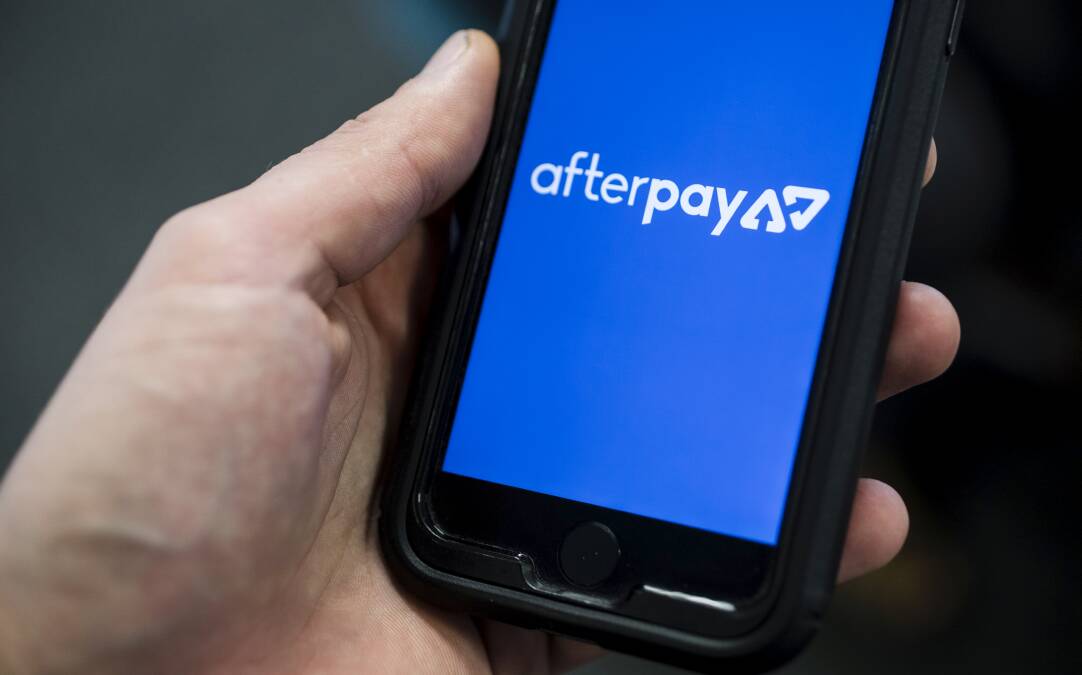
HUNTER shoppers using buy now pay later (BNPL) providers have been urged to consider sticking to one and keeping a running total of upcoming payments, to save debts getting out of hand over Christmas.
University of Newcastle lecturer in sociology and member of the Newcastle Youth Studies Centre Dr Julia Cook said young people made up the majority of BNPL customers.
Signing up is quick, easy, online, private and often doesn't require proof of identification or age.
"If you're living in the family home you don't need to talk to or tell your parents or family members about it," she said.
Dr Cook said the centre's survey of 575 Hunter residents between 18 and 30 found just over half had used BNPL.
Almost three quarters had experienced at least two types of financial stress, or had to forego essentials due to a shortage of cash.
"Even with the opportunity to find a job, even while working - the vast majority of them were working - they're still experiencing financial stress, it just shows that the current settings in terms of wages relative to cost of living for young people are not working, they're not allowing young people to meet their basic needs."
She said the survey showed most young people used BNPL to buy gifts, clothing and accessories.
"Rather than buying things they need they're buying things they want and having a bit of a splurge," she said. Some didn't want to show up to gatherings empty-handed, others may want "status symbols".
"Sometimes [they] got to the point where they thought 'What's the point? I'm scrimping and saving and trying to make ends meet and that's not working anyway, so why not."
She said most young people also used other forms of credit.
"It's not really possible for us to say that BNPLs were an entry way to other forms of credit, we can't really determine that, but in the UK there's been research that's found people rack up debts on BNPL and then use credit cards to pay off their BNPL debt... if people are using BNPL to buy something and then they have the repayments in the weeks following, then that often means they simply have less money for essentials."
She said traditional lenders such as banks could not always see if someone had signed up to BNPL or the size of debts. She said customers often used a number of BNPL providers, which didn't share data with each other.
She said the industry had a voluntary code of practice that covered customer hardship, but only some providers had signed it.
She said there was an established process to follow when customers faced hardship due to credit card debt.
"But when it comes to BNPL it's really a luck of the draw... in some cases customers can be handed over to debt collectors quite quickly rather than going through payment plans and such."
Dr Cook said she and her colleagues had written to Treasury in support of providers being brought under the National Consumer Credit Protection Act 2009.
"For many [young people] they simply have not had enough experience to develop the same kind of financial capabilities as older adults might... they're consumers where we need to be conscious of the scope for harm." She said they were disproportionately likely to be on low and fixed incomes or in work with irregular income.
She recommended shoppers stick to one BNPL provider to make it easier to track payments, plus create a simple budget to ensure they still had funds for essentials during payment periods.
WHAT DO YOU THINK? We've made it a whole lot easier for you to have your say. Our new comment platform requires only one log-in to access articles and to join the discussion on the Newcastle Herald website. Find out how to register so you can enjoy civil, friendly and engaging discussions. Sign up for a subscription here.







